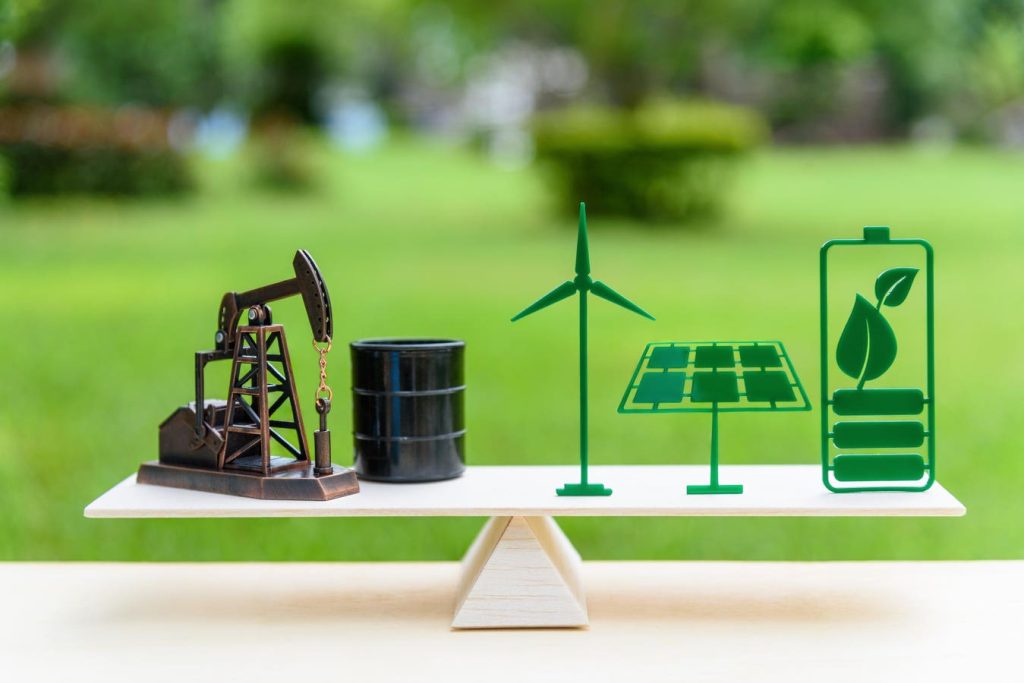As the world grapples with the challenges of climate change and energy efficiency, the push towards a low to zero carbon emissions future has become a multi-trillion dollar business opportunity. Total spending on investments in renewable energy, electric vehicles, and other cleantech rose to $1.8 trillion in 2023, with additional financing bringing the total to $2.8 trillion. China emerged as a major player in this market, investing $700 billion in clean energy efforts.
Despite significant investments in renewable energy infrastructure and electric mobility, there is still a long way to go in achieving a successful energy transition and limiting global warming to 1.5 C above pre-industrial levels. The International Energy Agency and the International Renewable Energy Agency estimate that $6 trillion per year may be needed until 2030 for a successful transition. The emphasis now is on electrifying various industries and processes, along with investing in technologies such as artificial intelligence and predictive analytics to improve efficiency.
Industry experts at the recent CERAWeek 2024 conference emphasized the need to step up electrification efforts in order to lower carbon emissions. The focus is not only on energy supply sources but also on the wider industrial, mining, and manufacturing sectors. Investment in technologies that enable electrification and decarbonization, such as smart grids and digital solutions, is seen as crucial for a successful transition.
Companies like ABB, Schneider Electric, and Masdar are actively exploring opportunities across the energy transition value chain, from renewable energy projects to infrastructure development and grid optimization. The emphasis is on building sustainable, scalable solutions that contribute to lowering carbon footprints while ensuring financial viability. Market performance data and digitization efforts are playing a key role in demonstrating the potential for investing in the energy transition.
While traditional energy companies still play a significant role in the global energy mix, the finance community is facing pressure to shift investments towards cleaner, renewable energy solutions. However, industry experts argue that a balanced approach is needed, where traditional energy players can partner with renewable energy firms to lower their carbon footprint. Pressurizing banks to completely divest from traditional energy may prove counterproductive and hinder progress towards a sustainable energy transition.
Overall, collaboration between various stakeholders, including banks, investors, industry players, and technology providers, is essential for achieving a successful energy transition. The growing interest in energy transition investments, particularly in emerging markets and industrial sectors, indicates a positive trajectory towards a low to zero carbon emissions future. By focusing on electrification, decarbonization, and smart technologies, the energy industry aims to create sustainable solutions that benefit both the environment and the economy.


